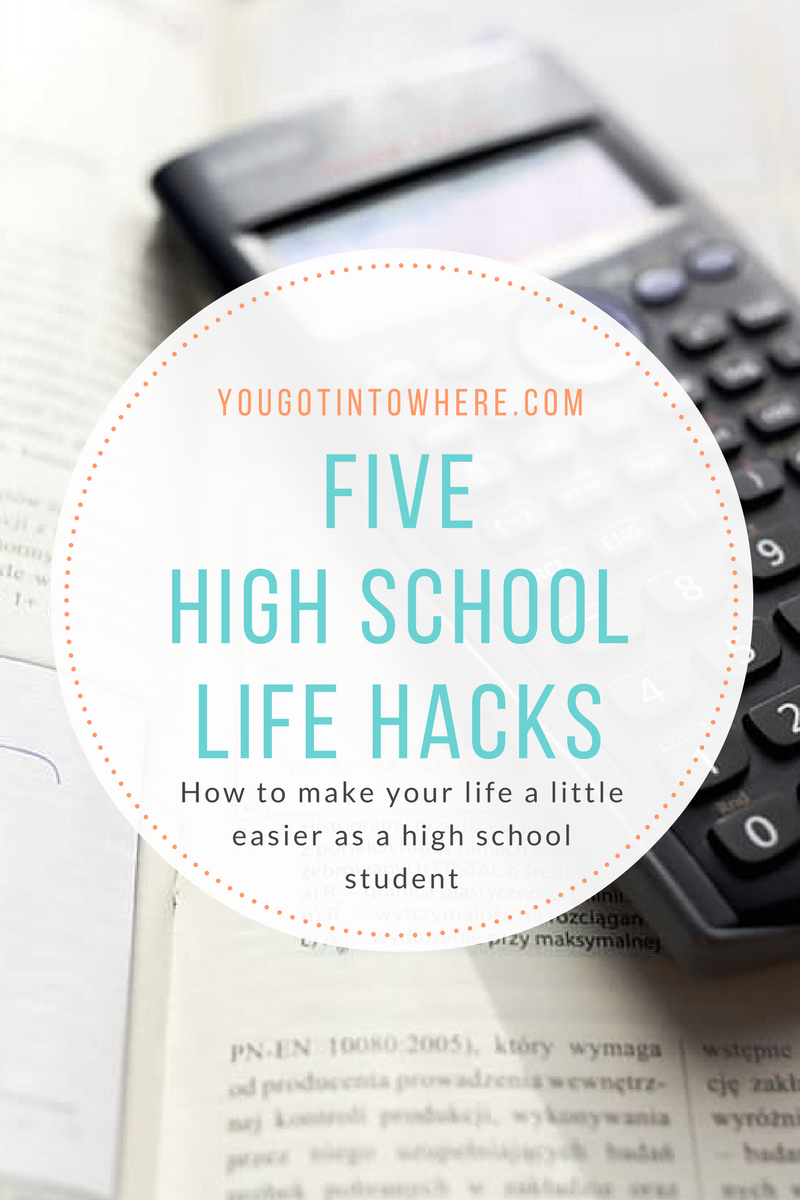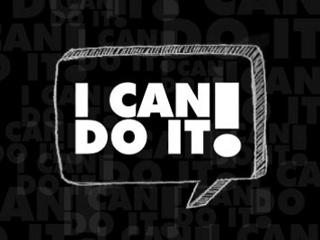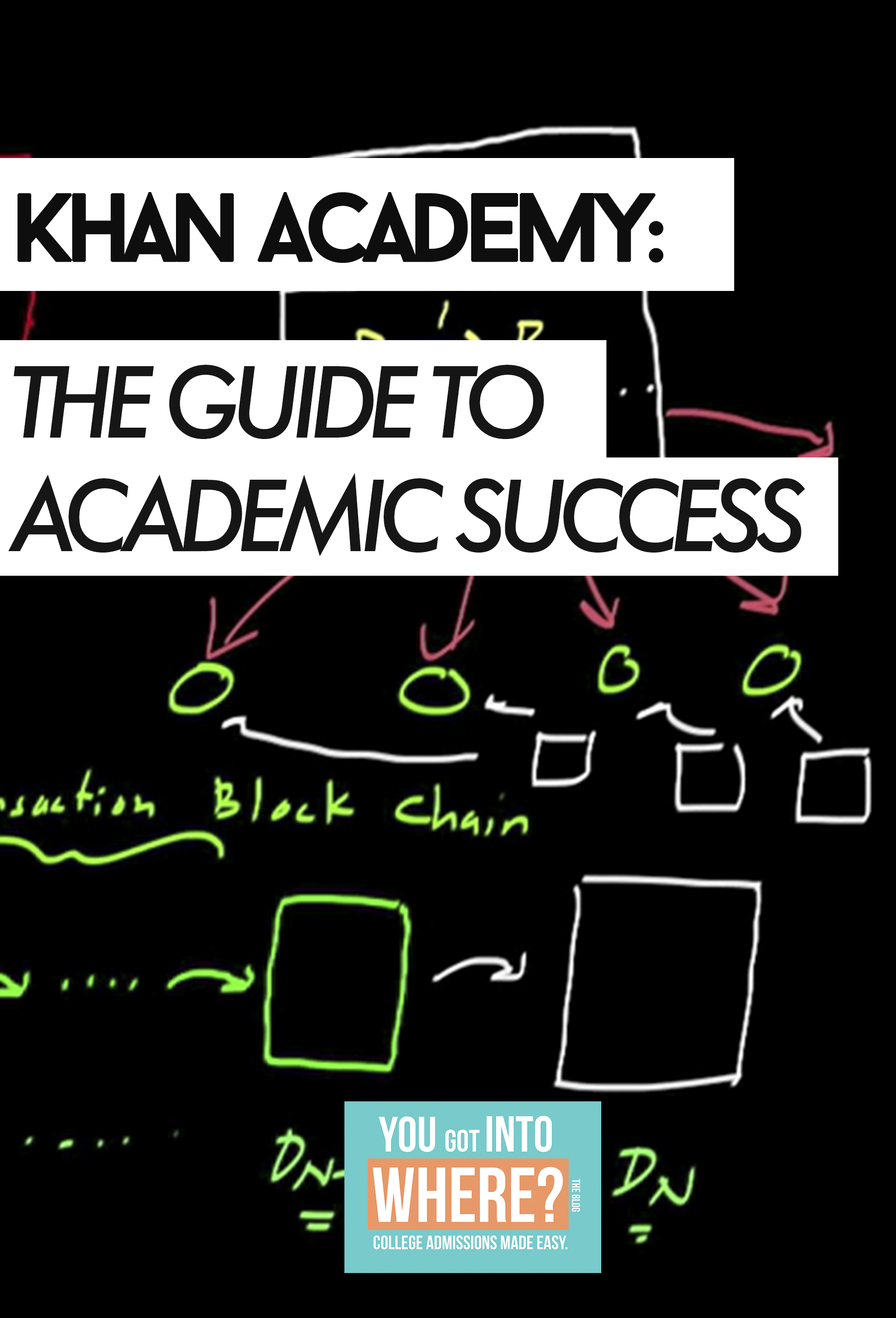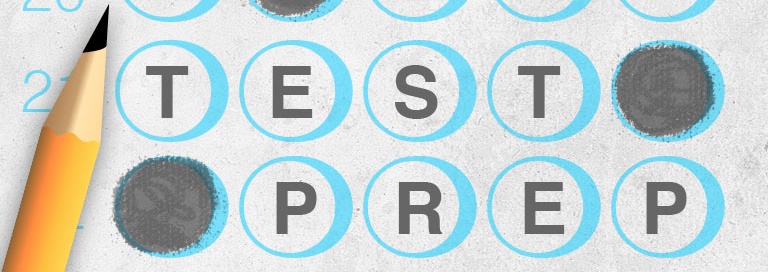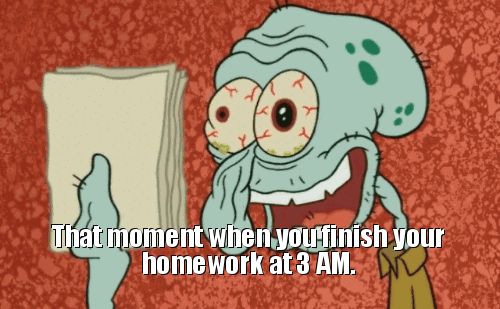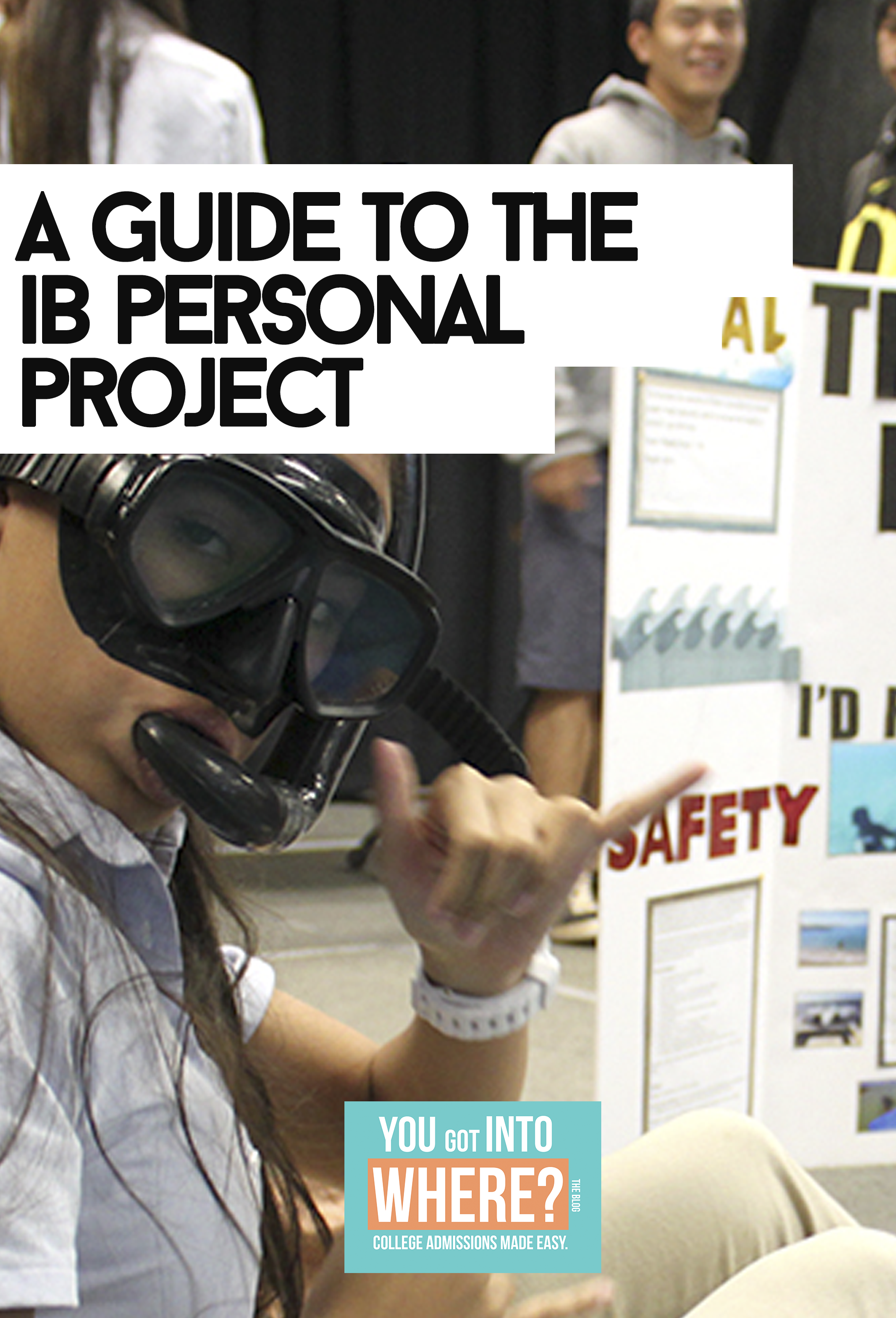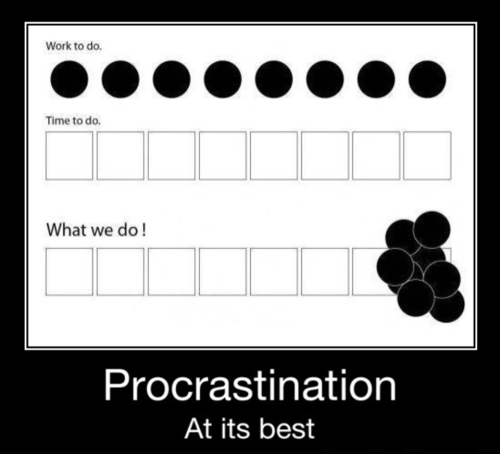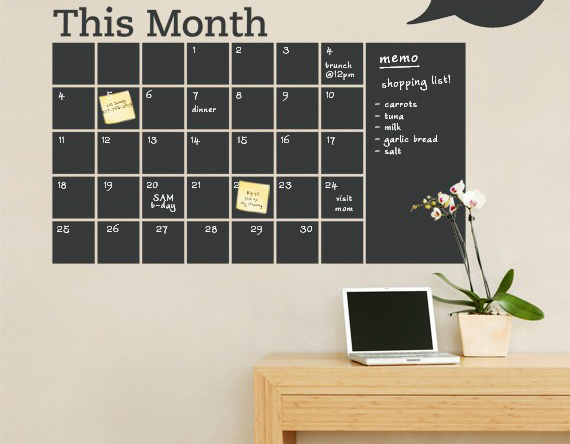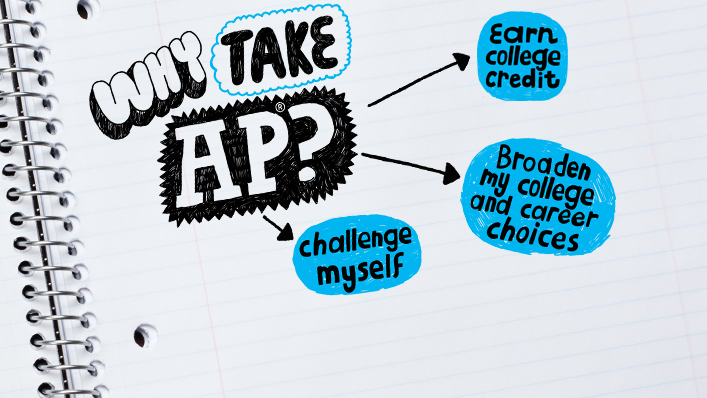Five Ways to Have the Best Academic Year Ever
/As summer vacation begins to come to a close and Back to School time is slowly approaching us. I’ve decided to compose a list of 5 tips on how to take this school by its horns (metaphorically, of course) and ride off into the sunset of academic success.
Tip #1: Start Getting Mentally in Shape
In between your busy summer schedule, make sure to set time aside for remedial practice of your core subjects, such as math and science, this will help you retain vital information that you may forget during your summer break and kept your brain active and functioning.
Begin to take advantage of the world around you, there are plenty resources for math, science, English and social studies on the internet, such as Khan Academy, which allows you to learn just about anything for free online, you can even download their mobile app for quick and easy learning on the go. Love Khan Academy?, but not into watching long videos? Try Cool Math where there are thousands of math games at your fingertips, where you can play video games, learn math and have fun, all at the same time, it’s a win-win situation.
If you're taking a language next school year and you want a head start, or you're already learning one and you want more practice? Try out Duolingo, and easy way to learn and practice any language you want. They have a mobile app you can download and the program is very interactive and easy to use, not only can you learn how to speak a new language, but you can also learn how to write it simultaneously.
Tip #2: Finish Any Summer Assignments or Homework That Are Due the First Week of School
Everyone knows that daunting feeling you get when you have a deadline, also the stress and anxiety that comes with it. Sometimes it just feels like school is the dark cloud, putting a damper on your summer fun and it's incredibly easy to push any academic responsibility to the back of your mind and put it off till the last minute, we’ve all done it at some point, so there's no shaming. Luckily for you there is a simple and easy way to avoid procrastinating…. JUST DON’T PROCRASTINATE. I won't talk much about it here, but I will address it later on in the article.
By completing all your assignments as soon as possible, it allows you to focus more on the fun plans you have with your family and friends. Also, while you're having a stress free summer, your friends won't be so lucky, because they've decided to hold on and do it during the end of summer .
Tip #3: Create a List of Goals
Creating a list of short term and long term goals for this school year is a great way to motivate you to do your best in school and it also helps you to get a clear target to focus and work towards.
If your goal is to maintain all A’s you have to put in the work, if your goal is to get an A or B in a particular class you struggle in you must be willing to push yourself. That's just what it comes down to, you must have that kind of mentality. In life, nothing will ever be given to you, you must earn it and when you do the rewards will be worthwhile.
A’s are a great goal to aim for and you should always push yourself, but if you are having a hard time achieving them, that doesn't make you any less of a person or student. I can't stress it enough, GRADES AREN'T EVERYTHING, a number cannot and does not define you or predict your success in life, only you can. That's why you should always strive to do your best because your best is and will always be enough. You are your own dictator of your future.
“The only limit to the height of your achievements is the reach of your dreams and your willingness to work hard for them. " -Michelle Obama
Tip #4: Start Setting Your Priorities
We all know that high school can be a place where you make some of the best memories, such as going to football games with your friends, getting invited to parties, meeting tons new people and also a place to get an education, but let's not get carried away.
Don't get me wrong, high school will be one of the best experience you’ll ever have, but all of that won't matter unless you have priorities set in place. That means you knowing what matters in your life and what doesn't and as an inexperienced, impressionable teen that can be crucial to your academic success.
High school can sometimes feel like a juggling act, as you try balancing extracurricular activities, academics, jobs, friends and family, all at the same time. You can sometimes feel burnt out at the end of the day. That's why prioritizing can help you keep focused on what matters and what you can afford to compromise. No two persons are alike, that's why not everyone’s priorities align.
Sometimes finding what matters to you can be difficult because you might have friends who want to go out on a Sunday night, but you know you have a test to study for the next day. But by knowing your priorities, it can help you make the right and best decision for yourself.
Tip #5: DO NOT PROCRASTINATE…EVER!!!
I will be the first person to raise my hand when it comes to suffering from the blow of procrastination. I can't tell you how many times I've been caught up in its web. That's why my last and final tip to you is that when you get any kind of assignment (homework, class work, project, essay, etc.) start working on them ASAP. I'm not saying go crazy and complete it all in one day, but strategically break your workload into chunks to refrain from overwhelming yourself with a swarm of deadlines and assignments.
It's time to start holding yourself accountable.This is just something you must teach yourself to do because it is a vital skill you will use for no matter what in your life.
The amount of pressure that has been put on this generation regarding academic success has reached new heights and no matter if you're a freshman in high school or senior in college, school can be stressful on everybody. But, before your first day, just take a moment to breathe and remember you've got this. Good luck!
WANT TO LEARN MORE ABOUT COLLEGE ADMISSIONS? CHECK OUT THE YGITW BOOK HERE!
LOOKING FOR A HIGH SCHOOL OR COLLEGE INTERNSHIP? APPLY HERE!
PHOTO CREDITS:
http://pop.h-cdn.co/
http://www.karenmcfarland.com/
http://az616578.vo.msecnd.net/











